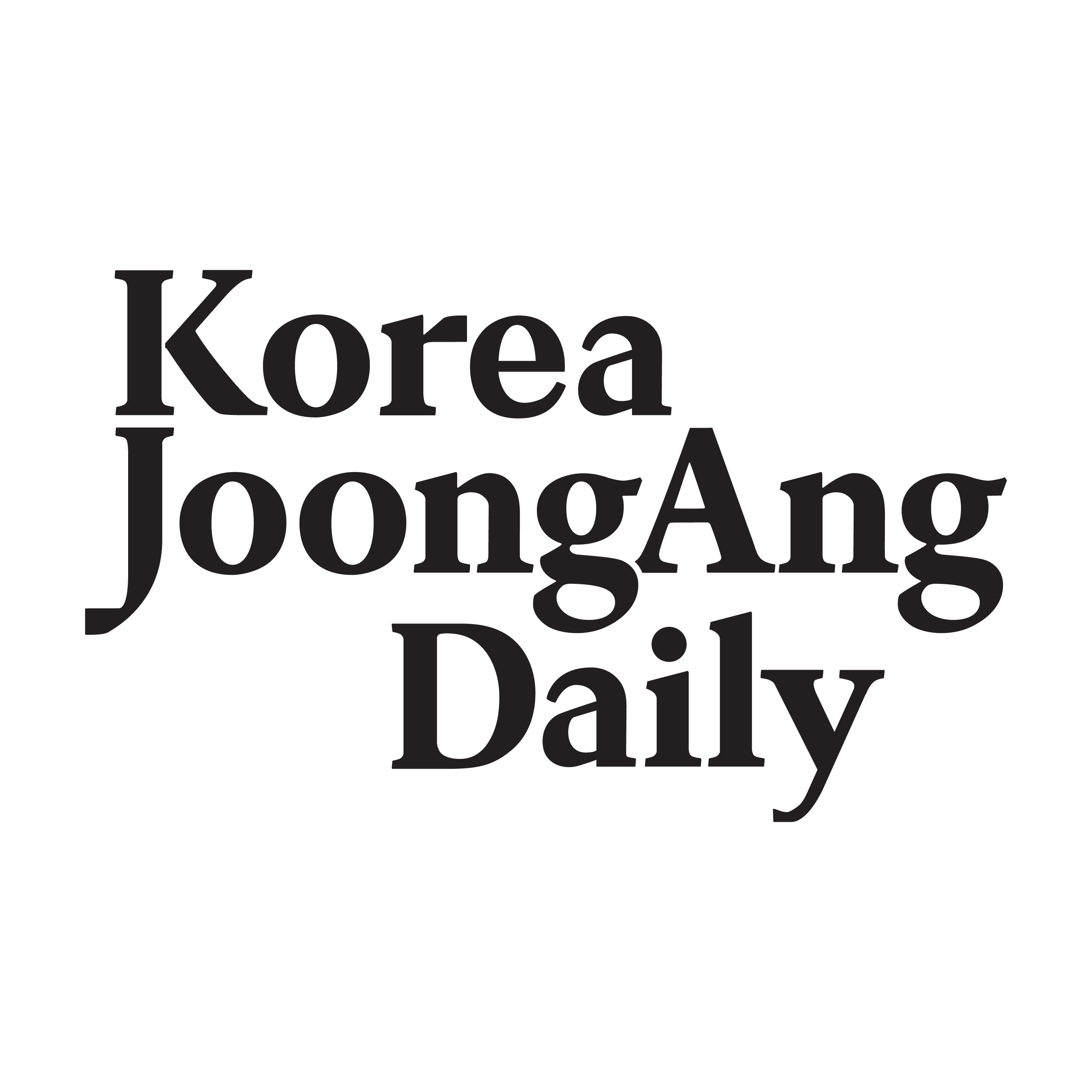Listen "'Better than Japan': Korea, U.S. ink $350B investment MOU under trade deal"
Episode Synopsis
This article is by Sarah Chea and read by an artificial voice.
Korea and the United States on Friday sealed a memorandum of understanding for a $350 billion investment package, including $200 billion in cash investment, in exchange for the U.S. lowering its tariffs on most Korean goods to 15 percent.
This comes roughly three and a half months after the broad framework agreement reached in the tariff negotiations on July 30.
The $150 billion will be used in Korea's massive shipbuilding projects in the United States, while $200 billion will be invested in cash, with a $20 billion quota per year. The investment sector will include shipbuilding, energy, semiconductors, raw materials, pharmaceuticals and AI.
With the latest agreement signed between Industry Minister Kim Jung-kwan and U.S. Commerce Secretary Howard Lutnick, tariffs on Korean-made automobiles and auto parts will be reduced from 25 percent to 15 percent, saving Hyundai Motor and Kia from paying an estimated 4 trillion won ($2.7 billion) in additional annual duties.
Tariffs on wood products will also be set at 15 percent, while forthcoming duties on pharmaceuticals will be capped at a maximum rate of 15 percent.
Korea also secured a U.S. commitment that chip tariffs applied to Korean exports will be "no less favorable than the terms that may be offered in any future agreement covering a volume of semiconductor trade at least as large as Korea's."
However, tariffs on steel products will remain at 50 percent - a point that Kim described as "the most regrettable part," noting that "United States was adamant that it would not go below 50 percent in this area."
Specifically, the selection of investment projects will be made through January 2029 before the end of U.S. President Donald Trump's term. Funds required for the projects must be deposited no earlier than 45 business days after receiving official notification of the approved U.S. investment destination.
Investment projects will be selected by Trump, based on recommendations from an investment committee chaired by Lutnick. The committee must consult in advance with a consultative body chaired by Kim and recommend only investments that are "commercially reasonable."
"The term commercially reasonable means an investment is deemed commercially reasonable if, under the principle of good faith, the committee determines that the invested capital can be sufficiently recovered," Kim said during a press briefing at the government complex in central Seoul on Nov. 14.
"It is assessed to be more favorable than Japan. A closer look at the fact sheet shows that we are required to fulfill the investment 'commitment' by January 2029, whereas Japan lacks such language, effectively obligating them to complete the investment itself by that date," Kim said. "We intend to operate the projects in a manner that maximally reflects the needs and demands of our companies, ensuring they are beneficial. There are already aspects currently under discussion."
Regarding the Alaska LNG project, "Korea will, for the time being, refrain from participating in it due to the absence of a commercial rationale," Kim said.
"Again, a closer examination reveals that Japan's agreement explicitly mentions a pipeline, implying involvement in the Alaska project, while ours doesn't have that term, meaning that even if we participate, we are primarily considering the procurement aspect rather than direct project engagement."
Failure to meet U.S. investment contributions could trigger higher tariffs, according to the agreement.
The government plans to establish a dedicated special fund under a newly enacted law to oversee investments in the United States. The fund will directly secure foreign currency for investment purposes, prioritizing strategies that minimize disruption to the foreign exchange market, such as leveraging returns on existing foreign assets or issuing foreign-denominated bonds, rather than purchasing currency directly from the market.
The pas...
More episodes of the podcast Korea JoongAng Daily - Daily News from Korea
A shameful chapter in Korea’s past
14/11/2025
 ZARZA We are Zarza, the prestigious firm behind major projects in information technology.
ZARZA We are Zarza, the prestigious firm behind major projects in information technology.
